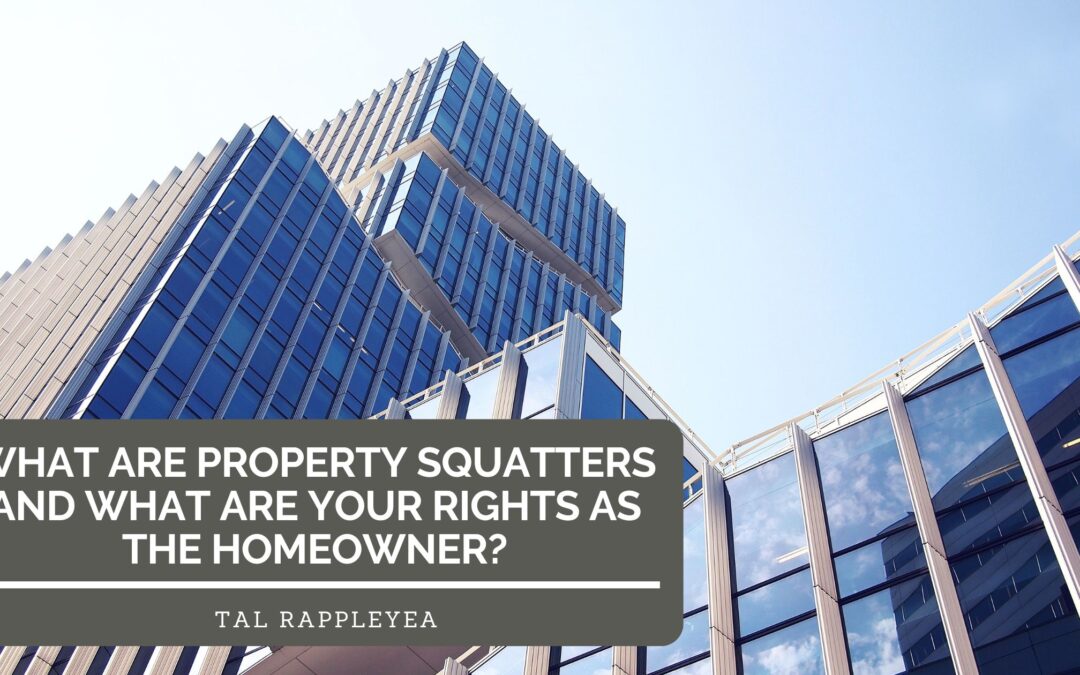Imagine coming back to your property only to find strangers living there without your permission. This scenario, property squatting, can be a nightmare for homeowners and landlords alike. But what exactly are property settlers, and what are your rights as the homeowner? Let’s take a closer look:
Property settlers, also known as squatters or adverse possessors, occupy and live in a property without the owner’s permission. Squatting can occur in vacant homes, abandoned buildings, or even properties still inhabited by the owner but neglected or left unsecured.
While laws regarding squatting vary by jurisdiction, property owners generally have legal recourse to remove squatters from their property. However, the process can be complex and time-consuming, often requiring legal action through eviction proceedings.
As a homeowner or landlord, you must know your rights and proactively protect your property from squatters. Here are some key measures you can take:
Secure Your Property: To deter potential squatters, keep your property well-maintained and secure. Install locks on doors and windows, use security cameras or alarm systems, and consider boarding up vacant properties to prevent unauthorised entry.
Regular Inspections: If your property is vacant or unoccupied for an extended period, conduct regular inspections to check for signs of squatting or unauthorised occupation. Look for broken locks, signs of forced entry, or unauthorised occupants on the premises.
Prompt Action: If you discover squatters on your property, it’s essential to take prompt action to address the situation. Contact local law enforcement or legal authorities to report the trespassing and initiate the eviction process if necessary.
Legal Assistance: Depending on the circumstances, you may need legal assistance to remove squatters from your property. An experienced attorney can guide you through the eviction process and ensure that your rights as the property owner are protected.
Preventive Measures: Take proactive measures to prevent squatting, such as regularly checking on vacant properties, maintaining good relationships with neighbours who can alert you to suspicious activity, and staying informed about local laws and regulations regarding property rights.
Understanding your rights as a homeowner and taking proactive measures to protect your property can minimise the risk of property squatting and maintain control over your real estate assets. If you encounter squatters on your property, seek legal advice and take swift action to address the situation and protect your interests.
